Destruction of MH17 may force company to rebrand, warns one industry insider, while another questions the quality of the airline’s risk management
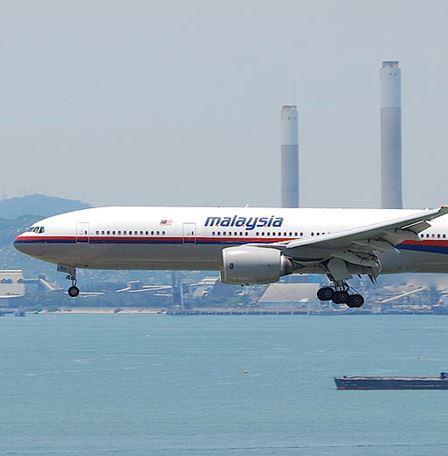
Speaking to StrategicRISK on condition of anonymity, a Singapore-based aviation risk expert has asked whether the Malaysia Airlines flight MH17 tragedy was “an incident of bad luck or poor risk management by planning a flight path over a known hostile ‘hot’ territory”.
Furthermore, the head of insurance at a major Asian airline, who also spoke to StrategicRISK on condition of anonymity, said that the loss of MH17 with 298 people on board could spell disaster for the airline.
“Malaysia Airlines will be seriously affected by this incident as it has had two fatal flights within four months,” he told SR.
Its reputation of safety and risk management will be at the edge of the cliff.
Its shares will fall down drastically.
“It may be serious enough to force them to rebrand.”
The Boeing 777-200 was on a scheduled flight from Amsterdam to Kuala Lumpur when it went down in eastern Ukraine. Malaysia Airlines has indicated that the aircraft did not make a distress call.
Malaysia’s prime minister Najib Razak said the Ukrainian authorities believed that the plane had been shot down.
“We must – and we will – find out precisely what happened to this flight,” Razak added. “No stone can be left unturned. If it transpires that the plane was indeed shot down, we insist that the perpetrators must swiftly be brought to justice.”
First impressions
A Malaysia-based risk management consultant, who also preferred to remain anonymous, said that how the news was now handled would be crucial for the airline, and indeed for Malaysia.
“This will seal much of the impression of foreign companies and governments about Malaysia,” he said.
“First impressions are not good with a Malaysia Airlines spokesperson quoted as saying that the airline could not confirm reports by international news agencies and was still ‘checking it out’.”
Nevertheless, the consultant told SR, he expected that the impact on the airline’s business would be “much more comparable to that of AF447”, referring to the Air France flight that went down in the Atlantic Ocean in 2009 killing 228 people.
“It will be seen as unrelated to Malaysia Airlines itself,” he added.
Huge task
Indeed, the Singapore-based aviation risk expert said that it would be interesting to see whether the public linked this disaster with the disappearance in March of Malaysia Airlines flight MH370.
“This would further put the integrity of the Malaysian government under question,” he said.
“It will be a huge task ahead for Malaysia Airlines and the Malaysian government to identify whether the airline has been specifically targeted and, if not, to quash public speculations.
“Safe to say, Malaysia Airlines will be dealing with a flood of calls to the call centre and possibly massive cancellations especially over the same routes. How it deals with this situation empathetically will be key.
“Similarly, other airlines should also be reviewing their flight safety protocols.”
Malaysia Airlines has stated that the flight route had been declared safe by the International Civil Aviation Organisation and that the airspace the flight was in was not subject to restrictions by the International Air Transportation Association. However, in a statement released earlier today, it said that all European flights operated by the airline would now be “taking alternative routes avoiding the usual route”.
The airline said it was deploying its ‘Go Team’ to Amsterdam with a group of caregivers and volunteers to assist the family members of the passengers. Meanwhile, the Malaysian government was sending a plane to Kiev carrying a “Special Malaysia Disaster Assistance and Rescue Team”, as well as a medical team.
Insurance issues
When it comes to insurance matters, the previously quoted head of insurance at an Asian airline said that the MH17 would “fall under Aviation War Market”.
“If you look back to January, there are altogether three to four major losses fall under Aviation War Market – MH370 (Aviation War Market has already paid approximately $50m (€37m) under 50/50 clause); the incident at the Libyan Airport where the terrorists/rebels attacked and destroyed two Airbus A330s (approximately $150m); and then MH17, for which I assume the total loss reserved will be $97.3m for the aircraft and maybe $300-350m for passengers,” he said.
“This will wipe out the accumulated premium of the Aviation War Market, bearing in mind that the total annual premium is approximately $70m.”
Allianz Global Corporate & Specialty (AGCS) is the lead insurer for Malaysia Airlines for aviation hull and liability coverage. Soon after the disappearance of MH17, AGCS released a statement that said: “It is much too early to comment on reports of this tragic incident while details are still being confirmed, except to extend our deepest sympathy to all those affected by this crash. As leading reinsurer of Malaysia Airlines for aviation hull and liability coverage, AGCS stands by to support our client as fully and quickly as possible.”





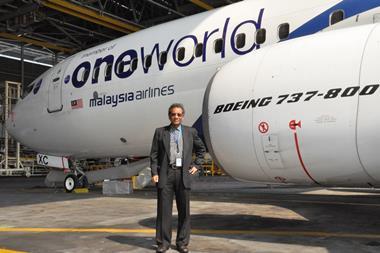
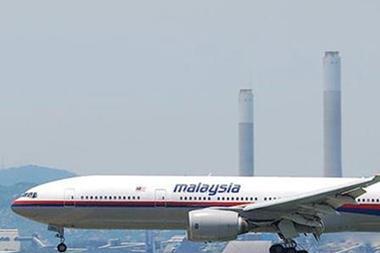
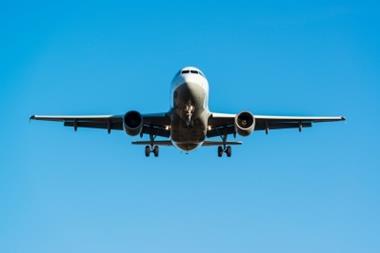
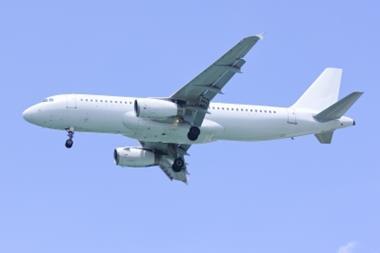











No comments yet